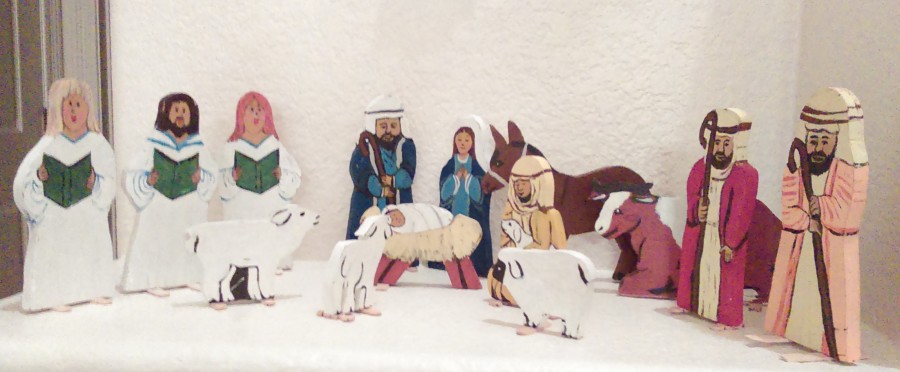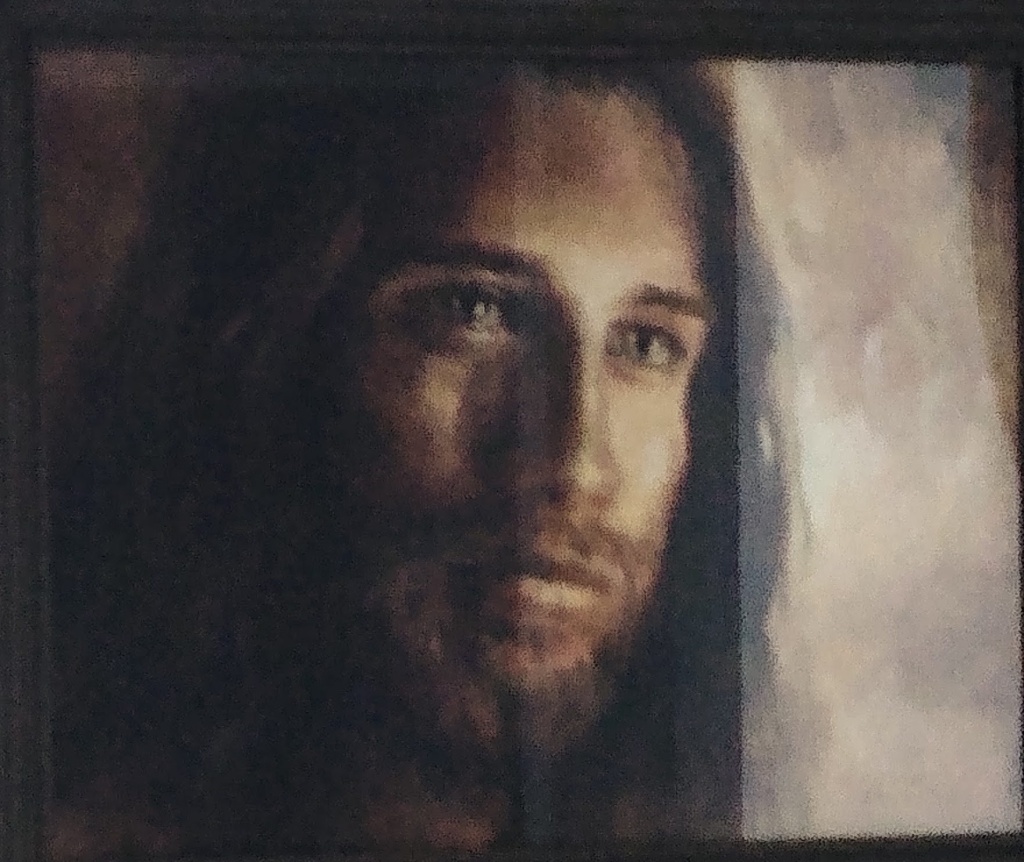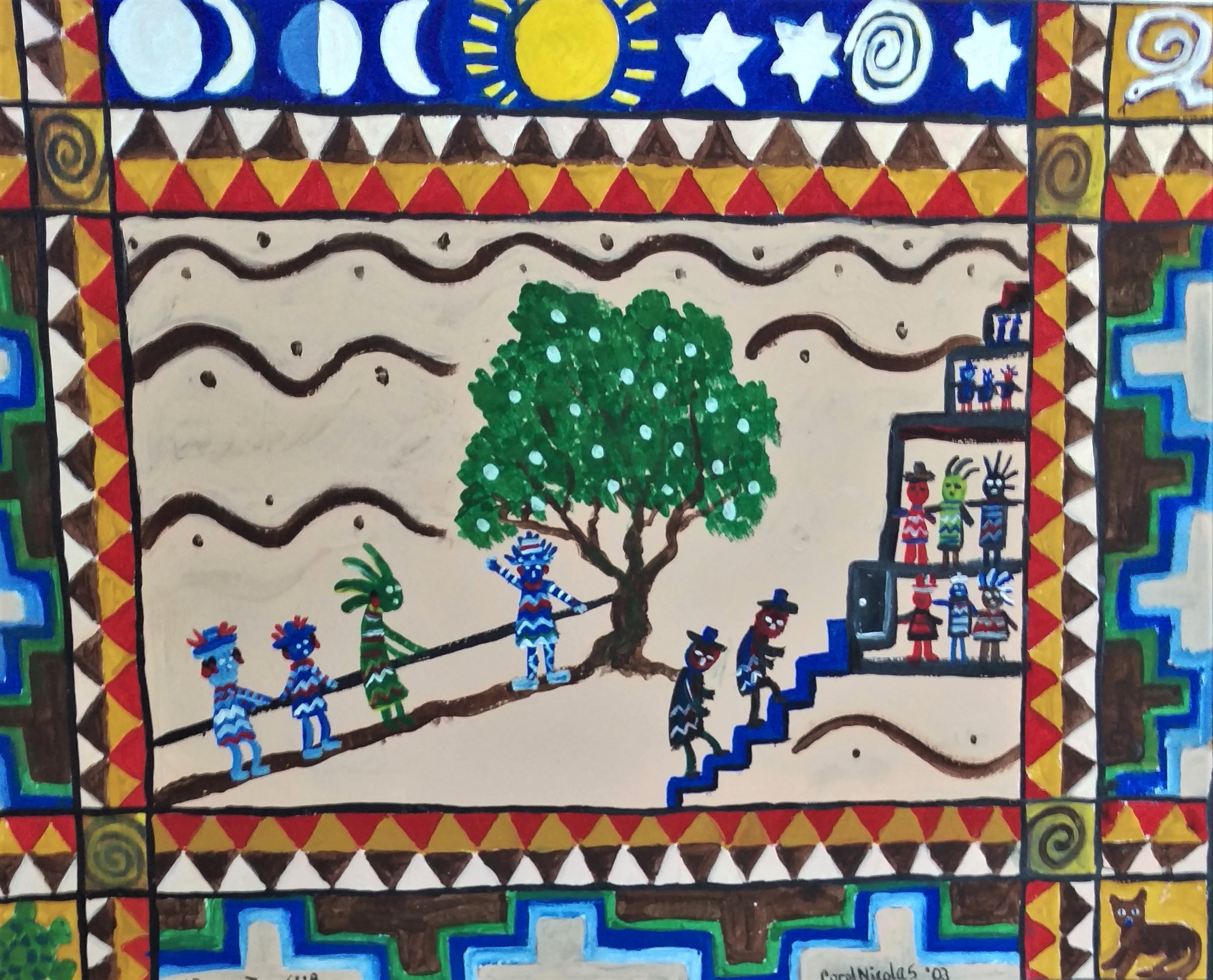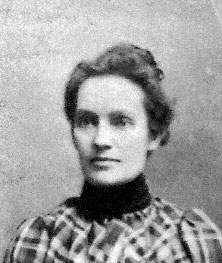As I was studying the scriptures this morning (Acts 5), I read about how the early apostles were put in prison for preaching the gospel. In the night an angel came, opened the doors and led them out. He told them to go to the temple and preach the gospel. They obeyed.
The next morning when the rulers sent orders to the prison, they discovered the guards in place and the doors shut and locked, but no prisoners inside. They must have been just a little freaked out! Then they got word that those pesky apostles were in the temple preaching again.
Again the apostles were hauled into the ruler’s meeting and accused, but Peter told them that they should obey God rather than man. The rulers were about to kill them, but the lawyer, Gamaliel, was able to have them spared with his logical argument. So the rulers had them beaten, again commanded them not to preach, and let them go.
It must have been so hard for the apostles to endure this beating. Yet in Acts 5:41 it says “they departed, rejoicing that they were counted worthy to suffer shame for his name.”
And they kept preaching.
How could they rejoice in suffering?
What incredible courage they had! They had been arrested, beaten, and they knew that the rulers could put them to death. Yet they still were faithful and bold in declaring the truth.
How did they become so courageous? I think part of it was the Holy Ghost that filled them on the day of Pentecost. Part of it was that each of them decided in their hearts that they wouldn’t ever let their dear Lord down again — they would be faithful no matter what. They loved Him, and they wanted to be true. They knew that Jesus really was the Son of God. He had been killed, and he was now alive again.
When I was a teenager in seminary, our teacher, Brother Wolfe, told us a parable. He had a little pile of sticks on a pan, and some stick figures that represented each of us. He said, “Imagine that you are dragged from your house in the middle of the night and taken to the football field at the school. There is a mob of angry people there, and the men say to you, “Are you a Christian? or a Mormon?” And if you say yes, they are going to throw you into the fire. You can see the bonfire in the field, and you can hear the screams of the people who are already burning.” Brother Wolfe put one of the stick figures on the bonfire and lit it. We stared at the flames, horrified.
“And if you say no,” he continued, “they will let you go free, but you will live with the shame forever of denying the Lord. My question to you is, Will you be faithful and true in this moment of trial?”
Eventually all the apostles died martyrs’ deaths (except John, who remained on the earth to preach the gospel — and that in itself is a kind of trial — to live on long after everyone you know and love is dead). They all paid the ultimate price for their testimony, and they received an eternal reward.
We usually aren’t called on to sacrifice our actual mortal lives for the Lord, but we are called on to be faithful and true in spite of the trials, sorrows, persecution, and suffering we experience.
Once after a miscarriage, my husband gave me a priesthood blessing. In it he said, “Every sorrow you experience now will seem as nothing when you reach the other side of the veil. You will look back and say it was worth it.”
It’s so hard to keep the end goal in mind when you are in the middle of suffering. Yet you have to in order to survive it. The alternative is to turn away from God and become broken, bitter and full of hate. And how could you do that, when you know the truth? In John 6:68-69, Peter says, Lord, to whom shall we go? Thou hast the words of eternal life, and we believe and are sure that thou art that Christ, the Son of the living God.”
For those of you going through sorrow, pain or trials right now, I urge you to keep the end goal in your mind and heart. Pray, and give the Lord the offering of your suffering. By doing this, you make your sacrifice holy.
Don’t let Satan win. He wants you to give up to despair and doubt. Tell him to leave, and rely on the Lord to carry you through this trial. Memorize and sing a favorite hymn that will buoy you up and strengthen you. (For example, “How Firm a Foundation.”)
God is stronger than all evil. He has descended below all things. He knows how to help you. He loves you, and He will aide you.
I pray that angels will be around you to bear you up and help you, and that you will be faithful unto the end.
(Photo – Heart shaped harbor on Corfu, Greece)









 Catherine Bickerton McNevin
Catherine Bickerton McNevin